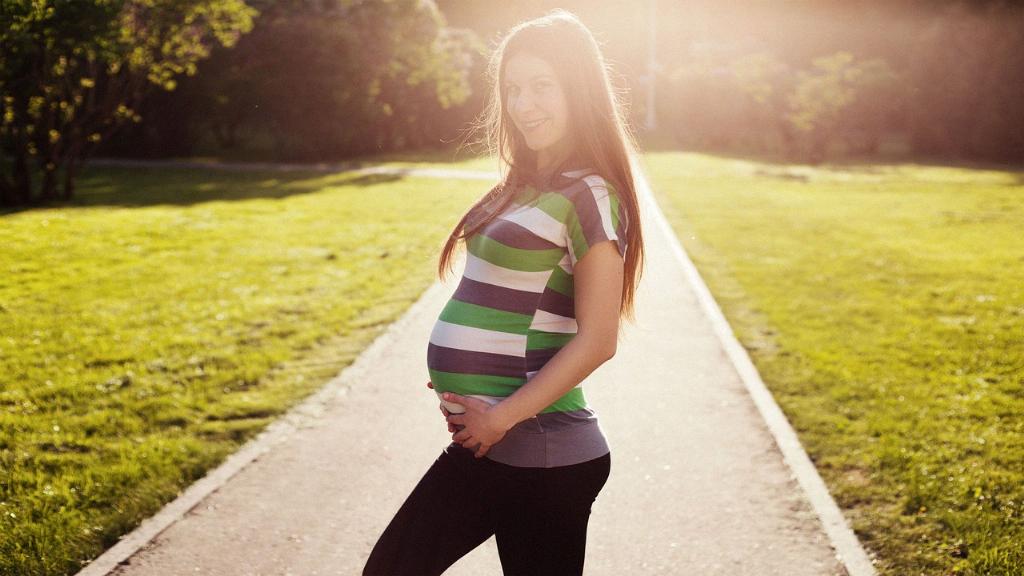Constipation is a common issue that many pregnant women face, and it can indeed occur very early on in pregnancy. The hormonal changes that take place in the body during pregnancy, particularly in the early stages, can disrupt the normal functioning of the digestive system. Progesterone, a hormone that increases during pregnancy, can slow down the movement of food through the digestive tract, leading to constipation.
Additionally, the expanding uterus in early pregnancy can put pressure on the bowels, further contributing to constipation. This pressure can make it harder for stool to pass through the intestines and result in infrequent or difficult bowel movements. Therefore, experiencing constipation in the very early stages of pregnancy is not unusual and can be considered normal for many expectant mothers.
It is important to understand that every woman’s body reacts differently to pregnancy, so the occurrence of constipation in early pregnancy can vary from person to person. Some women may experience constipation as one of their first pregnancy symptoms, while others may not encounter this issue until later in their pregnancy. In any case, if you are struggling with constipation in early pregnancy, know that you are not alone.
Managing constipation in early pregnancy can involve a combination of dietary and lifestyle changes. Ensuring that you are consuming an adequate amount of fiber in your diet, staying hydrated, and engaging in regular physical activity can help alleviate constipation symptoms. It is also advisable to consult with your healthcare provider before making any significant changes to your diet or lifestyle during pregnancy.
Some pregnant women may find relief from constipation by including more fruits, vegetables, whole grains, and legumes in their meals. These fiber-rich foods can promote healthy bowel movements and prevent constipation. Additionally, drinking plenty of water throughout the day can soften stool and make it easier to pass, reducing the discomfort associated with constipation.
Aside from dietary adjustments, staying active during pregnancy can also aid in preventing constipation. Engaging in regular exercise, such as walking or prenatal yoga, can stimulate bowel movements and improve digestion. It is essential to consult with your healthcare provider before starting any new exercise routine during pregnancy to ensure it is safe for you and your baby.
If dietary and lifestyle modifications do not provide relief from constipation in early pregnancy, your healthcare provider may recommend safe over-the-counter remedies to help manage your symptoms. However, it is crucial to consult with a healthcare professional before taking any medications, even those available without a prescription, to ensure they are suitable for use during pregnancy.
It is essential to prioritize your digestive health during pregnancy as constipation, if left unaddressed, can lead to complications such as hemorrhoids or anal fissures. By maintaining a balanced diet, staying hydrated, and engaging in regular physical activity, you can support healthy digestion and potentially reduce the likelihood of experiencing constipation throughout your pregnancy journey.
Remember that pregnancy is a unique and individual experience, so it is normal to encounter various symptoms, including constipation, at different stages. If you are concerned about your constipation symptoms or have questions about managing digestive issues during pregnancy, do not hesitate to reach out to your healthcare provider for guidance and support.

